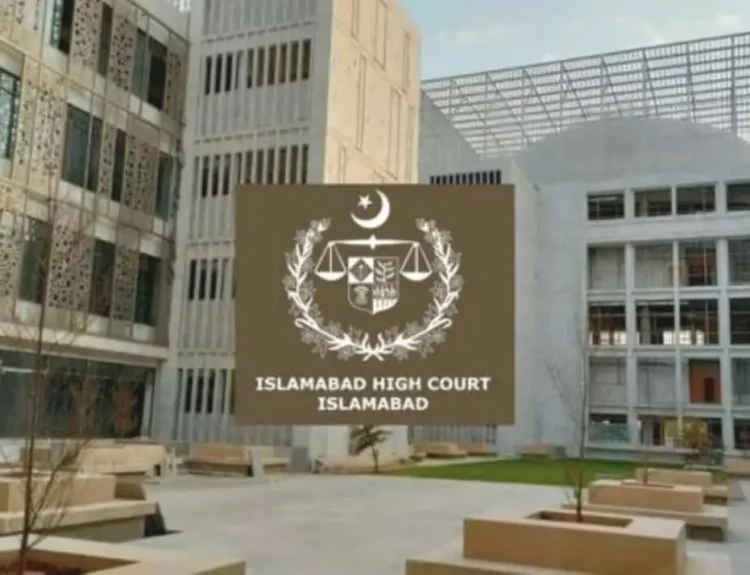
The rapid emergence of Artificial Intelligence in the tech world has played a great role in making humans impatient and desirous of immediate results. These immediate results hold the potential to mitigate massive loss when it comes to providing justice.
The predictive abilities of AI could put a stop to the atrocities happening around the world, particularly in the legal realm. Only the oppressed know how hard it is to wait for the court’s final verdict while the oppression continues. Now the debates regarding the implementation of this verdict could be extensive, but waiting for a final word from the judge, the saviour of justice for the maltreated, could be quite a task as we all observed in South Africa vs Israel case at the International Court of Justice.
AI, as it has in many other fields and departments of the world, would likely revolutionise the legal realm, too. Pakistan is still in its infancy moment regarding the work of AI in legal services. Its use in legal research, legal analysis, document generation, judgment, legal information, and a host of other applications has the potential to do most of the legal work that was previously relied on by lawyers to get done. Its potential to offer a unique and holistic perspective on legal principles and precedents could greatly assist legal professionals in their work.
In Pakistan, ChatGPT has already been used in a case to formulate a judgement based on the Code of Civil Procedure 1908. The judge explained that this tool was used to test the use of AI in making decisions and to reduce the burden on courts. AI can largely assist in private law matters like divorce, child custody and other relatively smaller cases to contribute to reducing case pendency in courts. Its ability to review documents, sift through large amounts of data and generate legal documents in minimal time could be used by lawyers to save their time and energy. As with AI, lawyers won’t have to start their work from scratch. Most of their work would be reduced to reviewing, correcting and improving.
With time the use of AI in the legal field would only improve the justice system of the state. It’s complex to anticipate the future of lawyers with the existence of AI. But without any shadow of doubt, one who wouldn’t avail of this new tool could lag in the competition. It’s certain that for all its potential, AI-enhanced lawyers will lead the race in upcoming years. Law schools would most likely incorporate the use of AI in legal drafting in their curriculum to teach law students about efficient ways of engineering the appropriate prompts. This in no way means that we as legal professionals should entirely rely on AI for the basics as they can be done so effortlessly now. Entrusting a human-created tool to take over the entire work, devoid of human oversight, may not be the wisest course of action.
AI lacks sentience, has the potential to misunderstand and make errors, and carries biases in its responses. These limitations make AI not suitable to be entirely relied upon. Professor David Wilkins, Director of the Center on the Legal Profession at Harvard Law School, said the response generated by AI tool regarding a legal question tends to be as good as a first-year law firm associate would produce. It’d always need to be reviewed by a lawyer before being finalised. This is one of the ways how AI could change the way lawyers work in future.
The need of the hour is for the state to ensure that the AI tools used in the country are safe, transparent and unbiased. They must also be overseen and fact-checked by humans to ensure these standards. An optimal model for these standards is Explainable Artificial Intelligence (XAI) which could provide sufficient justification and the thought process behind its generated response. If Pakistan dives deep into this journey, there will be a serious requirement of laws regulating AI to ascertain its ethical use. We must remember that it’s a tool that could be used in any way that the user desires, and in good hands it has the potential to yield far-reaching outcomes.
-The writer is a lawyer






